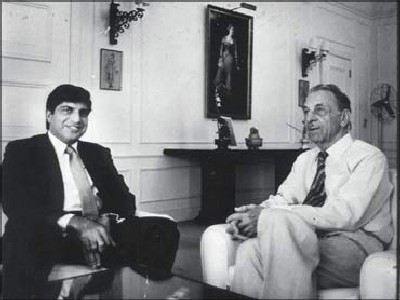In my previous post, we briefly discussed the separation of ownership from control in the sense that the controllers (managers) of a company are not its owners. However, what if a nation sells off it public and private assets to overseas companies? This has been happening at an alarming rate in the UK according to Will Hutton in this Guardian op-ed. One of the problems for Hutton is that British companies cannot compete with their global rivals because "the enemy of enterprise is the unowned, purposeless British company in thrall to myriad uncommitted, myopic shareholders". According to Hutton, Tata and BMW are successful "because they are family-controlled with long-term, committed owners who have a clear vision and purpose".
Michael Aldous and I had our book The CEO: The Rise and Fall of Britain's Captains of Industry published a few weeks ago. You can find out more about it and buy it at Cambridge University Press's website . It is also available at Amazon , Waterstones , and Barnes & Noble . The CEO has already been reviewed in The Sunday Times , The Observer and Financial Times .
